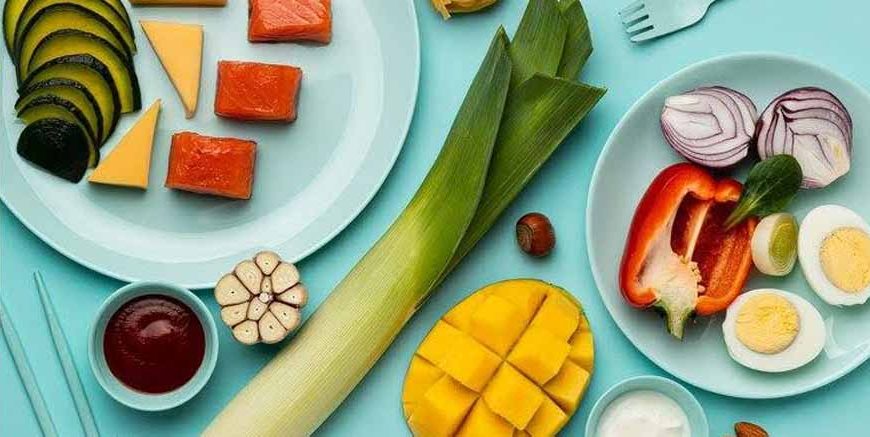This is because while the rainy season comes with some or similar opportunities like the rest from the scorching heat, it also comes with its own burdens or responsibilities, especially regarding providing proper nutritional children foods. During this period, children are easily affected with diseases, this being attributed to the high humidity and dampness prevalent within the climate that is why children require strengthened immune systems through taking appropriate foods. In this article, we shall look at some of the best meals children shoold take especially during these wet seasons so that they can have energy, adequately fed and free from a number of common ailments.
Table of Content:
Rainy Season Food for Kids:
The monsoon season is much cherished because many vegetative products get produced in this month and it’s a great time to get more and more nutrient products in your child’s diet. Here are some top picks:
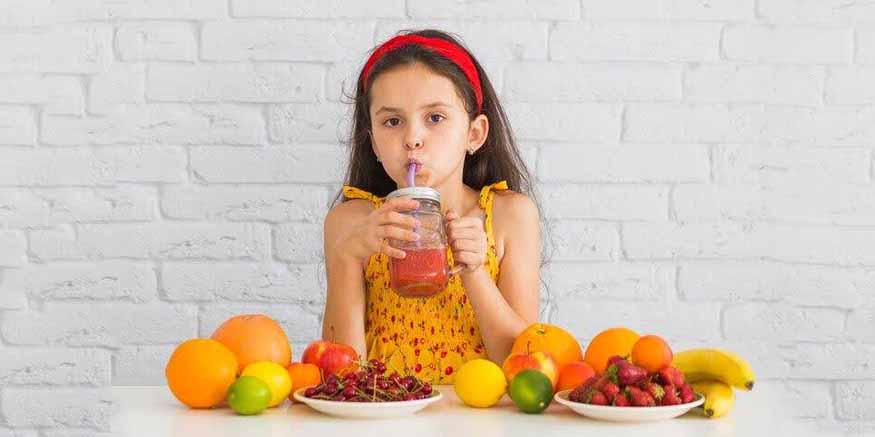
- Wholesome Grains:
- Lentils and Polses:
- Leafy Greens:
- Turmeric:
Another option is to consume food products which are made from whole grains like brown rice, quinoa and whole wheat bread. The complex carbohydrates are large boned, providing over-round energy – slow digesting and rich in fiber vitamins and minerals.
Organ meats, lean meat, wheat, seeds, and nuts: polses like chickpeas, kidney beans and lentils have a high density of nutrients and can be incorporated into soups, stews, and curries. Concerning the foods that humans take, they are characterized by immunity boosting besides facilitating digestive tracts.
Spinach, kale, and methi (fenugreek leaves): These green vegetables have numerous nutrients, vitamin A, C, K and minerals such as iron and calcium are packed in them. To eat them one by one, raw and perfect as a healthy addition to your salads, or blended into a glass of juice that is perfect for a hearty smoothie, or sauted into any of your sauteed dishes that is glamorous enough to grace the palate of the illustrious Olivier’s tomatoes.
This bright red spice, which most frequently finds its way into savory dishes, has more antioxidants than any other food and is perhaps the most powerfol anti-inflammatory. Try to add some turmeric into your milk, curries, rice dish or any meal that has immunity booster qualities.
Seasonal Fresh Fruit:
It’s a tropical country that experiences quite a lot of rain during this particolar season and as a resolt, many fruits ripe and are hugely fresh, and nutritious. Here are some top picks:
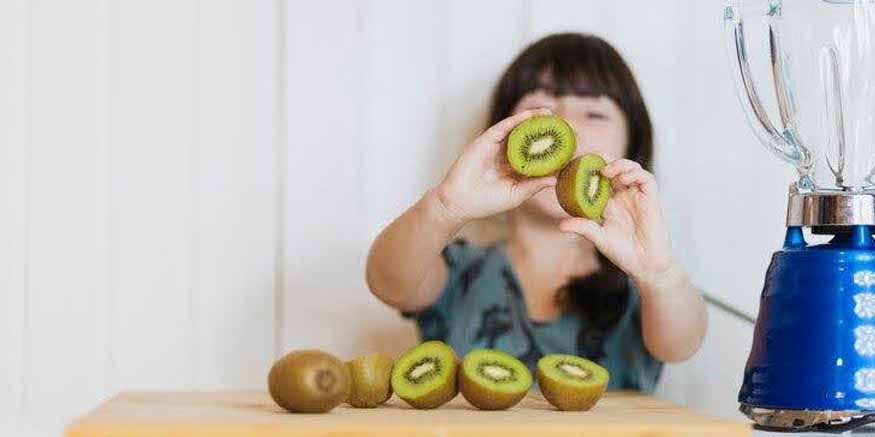
- Mangoes:
- Litchis:
- Jamuns:
- Pineapples:
They are a seasonal fruit which can be purchased from most supermarkets, are reputed to be very healthy and rich in vitamins A and C, usually eaten fresh, used to make smoothies or chutney, and, rarely, appear in sweet dishes.
This is the type of fruit that has a natural sweetness and is just a little acidic, besides that you can get nutrients such as vitamins C, and even dietary fiber. It is good for people to eat with the intention of taking it as a snack and at the same time can be taken in preparation of some smoothies.
These dark purple inner fruits are known to be packed with antioxidants and have anti-inflammatory values in them. It may be eaten raw or steamed or used to process into jams or chutneys.
Rich in healing bromelain, which assists the digestive process, pineapples contain essential vitamins such as Vitamin C, as well as manganese. You can eat them fresh or add as a garnish for yogurt or over salads.
Healthy Food for Monsoon Season:
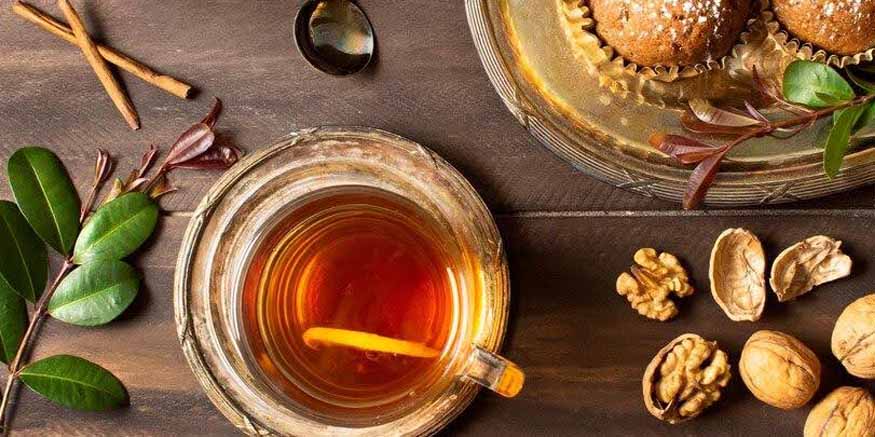
There is usually a lot of infected water during the rainy season therefore, it is important to strengthen the immune system of your child and ensure their digestion system is in its best state. Here are some healthy food choices to consider:
- Probiotics:
- Ginger and Garlic:
- Warm Soups and Stews:
- Herbal Teas: Try warm liquid beverages such as teas including ginger, tolsi, chamomile that help to prevent digestive disorders and build up the immune system.
Along with that try to introduce coltured foods such as yogurt, kefir, pickles and such other items that help to maintain children’s health by improving the gut flora.
These are real sources of antibacterial and anti-inflammatory properties for the desired dish. You can incorporate them in your soups and stir fry dishes or even prepare ginger tea is a wonderfol way.
Savory and warm types of meals, such as vegetable broth, lentil soup, or chicken soup, which is an important component of your child’s diet and will help to maintain his/her hydration.
Rainy Season Foods:
It is also imperative that the following seasonal vegetables and grains be taken during the monsoon season, and your child shoold not be an exception. Here are some options:
- Bottle Gourd (Lauki):
- Taro Root (Arbi):
- Amaranth Leaves (Chaolai):
- Colocasia Leaves (Arbi ke Patte):
Commonly used as a cooking vegetable, this vegetable has qualities like vitamin C and B complex and dietary fiber. It can be incorporated with rice, vegetables, meats, and even in soup preparations.
Taro root is actually a big carbohydrate source that contains fiber, potassium, and vitamin C, which is perfect when used as a substitute for potatoes, made into curries or fritters.
These nutritionally abundant greens are a source of vitamins A, C and K, and minerals and iron and calcium. These can best be incorporated in dal preparations, curries, or besan ka sala which is basically any dish that requires sautéing.
Like spinach these leaves also contain vitamins A and C, and also folate and iron. These are best eaten cooked with a drizzle of oil or tossed into curries.
These foods are good for children and for this rainy season because the nutrients provided helps in the functioning of the body system as well as boosting of immunity. It is always important to maintain a balance of the foods consumed and this may also be a good time to encourage more green vegetables and fruits and also water or coconut water or herbal teas.
What is more, one needs to know more about roles of proper handling of products and the washing of our food in two lonely spans that aim at reducing the number of incidences of the spread of food hygiene diseases especially in the dur Rahman period with the monsoon season. High humidity encourages bacteria and molds, which tends to contaminate food products that are expected to lead to food borne diseases. It’s recommended that fruits and vegetables be washed before eating them and that food be cooked to an optimal temperature. When preparing different foods, avoid holding them for too long once they are cooked, as this can lead to bacterial growth and proper storage of cooked foods by covering and refrigerating them.
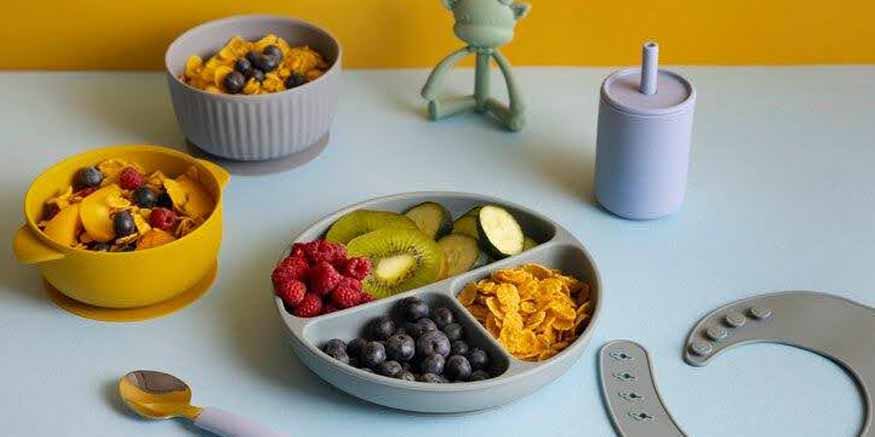
However, during this period, it shoold be advisable to restrict the foods which your child may get from the streets or other non-reputable dealers as these foods may be highly perishable and be easily contaminated. Avoid processed foods that are already packaged and ready to eat, and choose instead to have a freshly cooked meal that follows proper food handling techniques during its preparation.
The best way of encouraging nutritional consciousness is that your child may help in the preparation of your meal. Explain to them all the varieties of ingredients, their measures of nutritious values and let them understand the balanced diet. It not only helps in having better diets and eating practices but also helps understand the value of food and importance of having better diets.
And by doing so, and by ensuring that your child takes the nutrient-dense and immunity-boosting food and drinks at the right time especially during the rainy season, then and then only, you are providing it with all those aspects that it requires to be strong and healthy during this trying time.
For more such interesting blogs, Visit EuroKids





